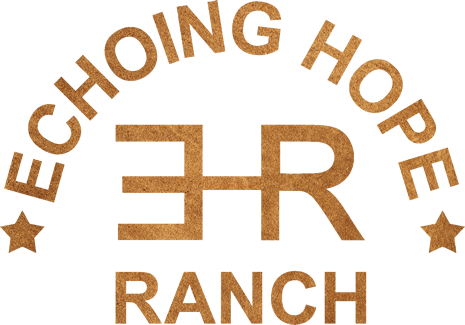Autism Treatments
Fortunately there is hope for an individual and a family facing a diagnosis of autism.
A few years ago it wasn’t uncommon for families to be instructed by professionals that institutionalization was the only option for a person diagnosed with autism. It was thought by too many that little could be done to change the person’s life.
Today we recognize that autism is not a death sentence. With the right kind of supports any person with autism can continue to learn and grow. This is particularly true if an individual can obtain the proper intervention supports early in life.
Parents and typically developing peers have shared fantastic stories of the joy and value brought to their family by the individual with autism. That isn’t to say there are not challenges. But there can also be great rewards and lessons learned for all of us.
There are wonderful stories of children and adults who have developed skills and shown incredible personal growth. This is a testament to the hard work and commitment of the individual with autism, the family and the allied professionals.
While everyone can learn and grow, there will be some who are diagnosed that will require a lifetime of supports. However, in some cases, the person who once met the clinical definition of autism today no longer receives this diagnosis. This individual may go on to lead a full life and not require the support of professionals.
Which child is capable of growing beyond their diagnosis? Unfortunately we don’t have a way to assess this outcome. We also don’t have a way to determine how much a child naturally grows out of some of his challenges as part of the developmental process and how much a child has benefited from one or more intervention strategies.
But each child, regardless of his intellectual and social functioning deserves an opportunity for personal growth.
While there is no known cure for autism, there are treatment and education approaches that may reduce some of the challenges associated with the condition. Intervention may help to lessen disruptive behaviors and education can teach self-help skills that allow for greater independence.
Just as there is no one symptom or behavior that identifies individuals with autism, there is no single treatment that will be effective for all people on the spectrum. Individuals can learn to function within the confines of autism and use the positive aspects of their condition to their benefit.
